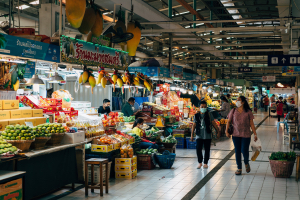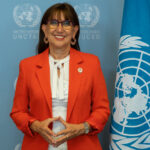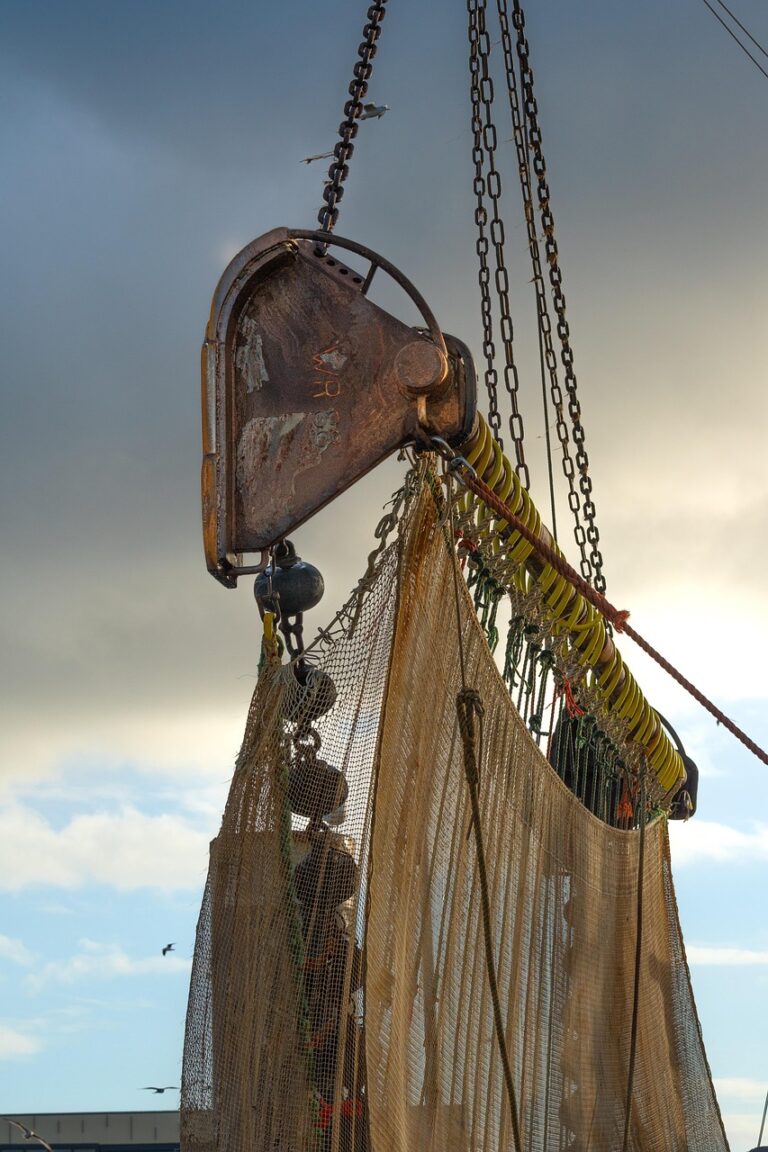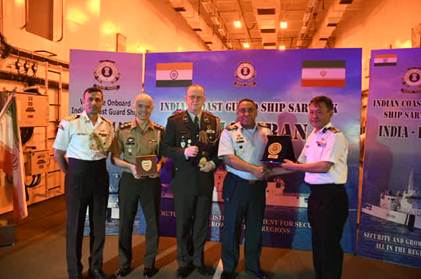


By Michelle Bachelet and Rebeca Grynspan*
The war in Ukraine inflicts dire hardship on the people of Ukraine and has increased the risk of hunger and famine for tens of millions of people who are on the verge of becoming or are already food insecure. Coming after the COVID-19 pandemic, which compounded food insecurity, income reductions, and accumulated debt, the war has hit countries still on the path to recovery the hardest.
The impact is particularly severe for countries that depend on food imports, such as Least Developed Countries (LDCs) and Net Food-Importing Developing Countries (NFIDCs). For example, in 2020, African countries imported about 80 per cent of their food and 92 per cent of their cereal from outside the continent. Today’s historical rise in food prices obviously has an immediate impact on them: it exacerbates poverty and food insecurity, and this, in turn, fuels social and political instability. Fair and sustainable food systems, including a trade system that enhances food security, are crucial to food security and the resilience of LDCs and NFIDCs.
International human rights law recognises the fundamental human right to food in Article 11 of the International Covenant on Economic, Social and Cultural Rights. It sets out the right to adequate food as part of everyone’s right to an adequate standard of living and calls on States Parties to take measures to improve methods of production, conservation, and food distribution, individually and through international cooperation. The Covenant calls upon States Parties to consider the challenges of both food-importing and food-exporting countries to ensure an equitable distribution of world food supplies.
According to the Committee on Economic, Social and Cultural Rights, the expert body monitoring the implementation of the Covenant, the right to adequate food is realized when every man, woman, and child, alone or in a community with others, has physical and economic access at all times to adequate food or means for its procurement.
The right to food is also recognized in several other international and regional instruments: the Convention on the Elimination of All Forms of Discrimination against Women; the Convention on the Rights of the Child; the Convention on the Rights of Persons with Disabilities; the Additional Protocol to the American Convention on Human Rights in the Area of Economic, Social and Cultural Rights (known as the Protocol of San Salvador); the African Charter on the Rights and Welfare of the Child; and the Protocol to the African Charter on Human and Peoples’ Rights on the Rights of Women in Africa.
The 12th Ministerial Conference (MC12) of the World Trade Organisation (WTO) offers a much-needed opportunity to align commitments under this multilateral system with international human rights law. Since the WTO Member States are also States Parties to the above human rights instruments, it is expedient to ensure that obligations under the two regimes are mutually supportive and reinforcing.
Faced with the severe threat of hunger and famine in food-insecure countries, there is an urgent need for coherence at the level of policy and action between States’ obligations to achieve the full realization of the right to adequate food and obligations under WTO agreements.
In this context, the Office of the United Nations High Commissioner of Human Rights (OHCHR) and the United Nations Conference on Trade and Development (UNCTAD) appreciate the persistent efforts by the WTO Member States to deliver a ministerial decision at MC12 over food security and the WTO.
OHCHR and UNCTAD welcome the 80-country pledge of 21 January 2021 not to impose export prohibitions or restrictions on foodstuffs purchased for non-commercial humanitarian purposes by the World Food Programme (WFP).
UNCTAD and OHCHR call for a Decision that paves the ground for strengthening the multilateral trading system on agriculture in a way that is consistent with States’ human rights obligations, that is climate responsive and that pays particular attention to those at risk of being left behind.
UNCTAD and OHCHR also call for a Decision providing recommendations for concrete measures to support the realization of the right to adequate food, particularly for people living in food-insecure LDCs and NFIDCs.
Drawing on the report by the Global Crisis Response Group, UNCTAD and OHCHR call upon the Ministers at MC12 to agree to:
- Refrain from imposing export restrictions on essential foodstuffs purchased by LDCs and NFIDCs, as well as those purchased by WFP for non-commercial humanitarian purposes;
- Support financially and technically LDCs and NFIDCs in adopting comprehensive social protection measures to avert a food crisis;
- Increase financial support to LDCs and NFIDCs to mitigate their fiscal constraints in adopting policy measures to fight against hunger, via Paragraph 5 of the Decision on Measures Concerning the Possible Negative Effects of the Reform Programme on Least-Developed and Net Food-Importing Developing Countries;
- Address the need for LDCs and NFIDCs to increase their resilience to possible food supply shocks by allowing measures that may include input and investment subsidies, access to land, natural resources, seeds, credit, technology and markets to small-scale farmers and resource-poor food producers to bolster their agricultural production.
Beyond the MC12, UNCTAD and OHCHR stand ready to work with WTO Members, within their respective mandates, to address anti-competitive and unfair business practices, particularly when exercised in times of crisis. Hoarding, excessive stockpiling of basic foodstuffs and associated speculation, especially during global food shortages, adversely affect the enjoyment of the right to food and erodes efforts to achieve food security for all.
*Michelle Bachelet is the UN High Commissioner for Human Rights while Rebeca Grynspan is the Secretary-General of the United Nations Conference on Trade and Development. This open letter by them on the Right to Food was addressed to ministers participating in the 12th Ministerial Conference of the World Trade Organization





